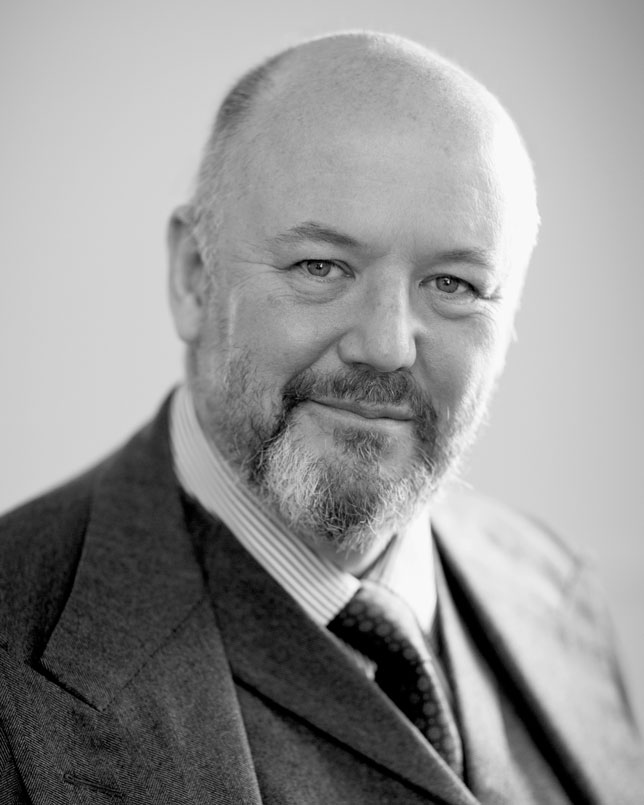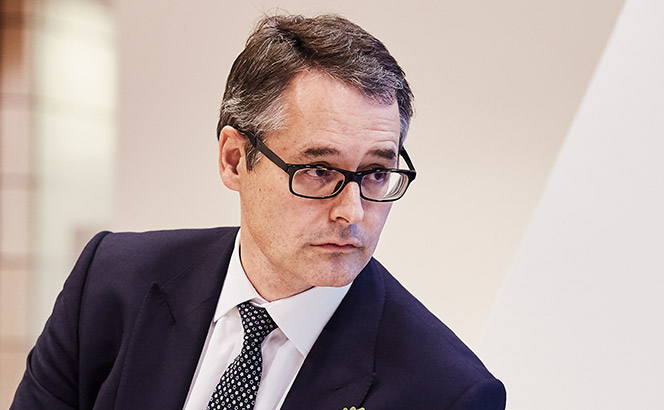
Mountford Chambers’ Edward Henry KC won the title of Barrister of the Year at the Legal Business Awards this past September. LB‘s disputes correspondent Isabel Caine spoke with him to hear about his process, the art of cross examining, and his work on the two major cases that won him his trophy.









